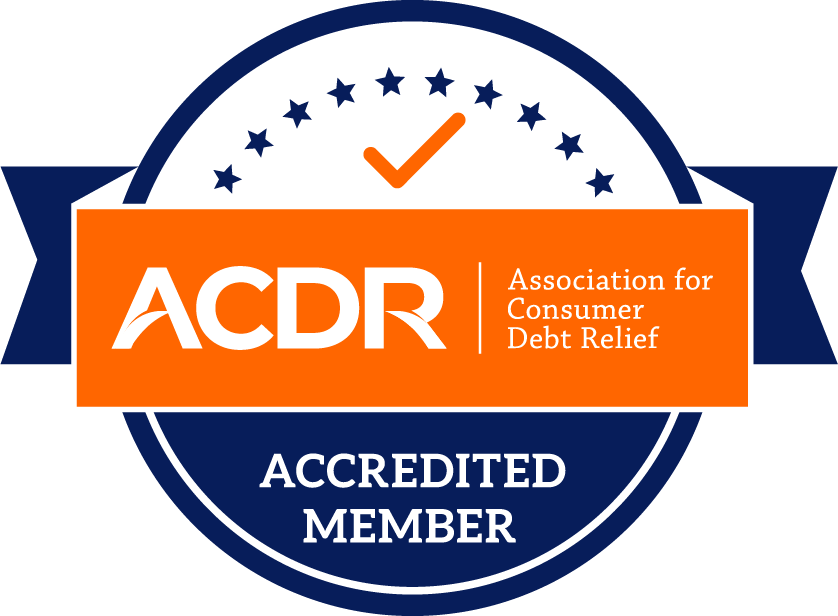General Terms
Principal
The amount borrowed by the debtor, not including any fees or interest rates.
Accrued Interest:
This is calculated based on the unpaid balance and will build until the debt is paid off completely. This is typically why it is harder to pay off debts with high interest rates because, the higher the interest due, the less money from a payment goes towards the overall principal.
Federal Trade Commission (FTC):
A government agency that protects consumer and debtor rights by enforcing consumer protection laws.
Types of Debt
Our debt glossary also covers the two types of debt: secured and unsecured. Notably, most debt relief programs only apply to unsecured debts.
Secured Debt:
A loan or line of credit backed by collateral, such as a vehicle, home, or other assets. Typically, these types of loans offer more favorable terms.
Unsecured Debt:
A loan or line of credit not supported by assets. This includes credit cards and most personal loans. Because these loans and credit lines are riskier for the lender, they sometimes have less favorable terms.
Debt terminology related to financial hardships
If you’re experiencing financial hardship and struggling to pay off your debts, you have seen the following phrases before but didn’t fully understand them. They include:
Delinquency:
An account status brought on when a debtor misses a payment based on the loan agreement terms and set due dates.
Forbearance:
A postponement of loan repayments granted by creditors when the debtor is experiencing financial hardship and cannot make payments temporarily.
Garnishment:
When a portion of an employee’s wage is held to pay a lender until the balance is paid off.
Debt Solutions
Before signing up for a debt consolidation or negotiation program, it’s important to understand how these options work. Our consultants help you develop a personalized debt relief strategy tailored to your financial situation. During your consultation, you’ll encounter key debt-related terms, including:
Debt Settlement:
A negotiation between a debtor and their lender to agree to a reduced amount due. Some debtors who work with settlement companies like Liberty Debt Relief may decide to reduce a debtor’s overall debt!
Debt Consolidation:
A separate loan, typically with a lower interest rate, in which a debtor combines all their debt into one monthly payment.
Credit Repair:
Disputing errors on your credit report, such as late payments paid on time or duplicate charges, with your creditors and various credit report companies.
Debt Management:
A plan set up for debtors by credit counselors, which includes working with lenders and negotiating lower interest rates for unsecured debt. This will reduce the amount paid over time.
Debt Consultant/Specialist:
Experienced and knowledgeable professionals trained to mediate debt negotiations with creditors to bring about favorable terms for both lenders and debtors. This may include the repayment period, interest rates, or the due amount.




